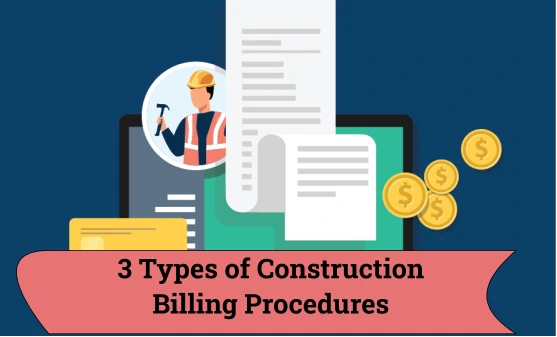Contractors and Subcontractors, both have their fair share of good days and bad days. Choosing to be any one of the above cannot possibly prove to be a wrong decision always. Each one of them has their own perks and pitfalls ,therefore one can choose to be a contractor or subcontractor based upon one's priorities. In this article we will be discussing the pros and cons of becoming a Subcontractor.
A subcontractor has the flexibility and freedom to choose the work which he intends to do. Being a subcontractor in the initial stages helps to gain experience and learn the basics of the construction industry. Even after working on a number of projects, sticking to the role of a subcontractor might prove beneficial in aspects such as minimal workload, better money to work ration, vacations and independence. Here are some pros and cons of being a subcontractor -
Pros
- Being a subcontractor in the construction industry allows you to be your own boss and schedule work assignments as per your choices. The subcontractor has the freedom to act as per his wishes to complete the contracted work in the given time schedule.
- The subcontractors have very little or almost zero chances of interaction with clients involved. Any kind of work related issue is dealt with by the contractor who in turn discusses it with the subcontractor if needed. Therefore a subcontractor is mostly free from any kind of burden related to the project.
- The subcontractor has the choice to work for multiple clients if he/she has the luxury of sufficient resources along with labourers. This not only provides him/her with more opportunities to handle diverse construction works but also gain experience in those specific construction scenarios. A subcontractor thus earns more money proportionally for the work he does, as compared to a contractor.
- A contractor is expected to be a generalist by the client as a contractor is required to complete a project covering several facets of construction engineering. Subcontractors are generally hired by contractors to perform specialized tasks in the project. Therefore a subcontractor can work in areas in which he has expertise. Being a specialist in certain areas of construction increases a subcontractor's demand for those specific tasks at hansome pay rates.
- A subcontractor is entitled to many perks when working for a contractor. These perks include facilities such as health insurance, coupons and bonuses.
- Subcontractors are not burdened with the humongous efforts required in maintaining transaction books. They do not need to keep track of their expenses as they only on a particular task and the resources are provided to them by the contractor.
- Subcontractor's do not need to hire highly qualified professionals/engineers which helps them to minimise cost.
- They also save a lot as they do not have to buy expensive equipment which is provided to them by the contractor.
Cons
- Working independently and being your own boss has its disadvantages too. Subcontractors have to pay their own taxes and keep a track of expenses which in itself is quite a burden. Lot of time is wasted in calculating the taxes to be paid on a quarterly or yearly basis for all the work that has been done. The tax rates for self employment are higher than usual.
- Even if there is little interaction between a client and a subcontractor, he may be held responsible for any kind of failures in the work done by him. A dissatisfied contractor can also put the subcontractor's payment on hold for improper or incomplete tasks.
- The amount of money which a subcontractor makes by doing multiple construction works simultaneously comes with a hectic work schedule. Not only does he have to manage the works at different sites but also keep track of their progress and maintain expenses.
- When subcontractors do not have proper experience in the construction industry, they have to run around in search of work. They have to pursue contractors for work and build a healthy professional relationship with them for future work. Not being specialized in some particular area reduces a subcontractor's chances of getting work.
- The subcontractors do not have to maintain work or material resource records but they have to maintain the labourers working under them. They have to maintain the number of labourers required for a task daily and if any labourer is absent, this may slow down things and pose a problem for the subcontractors. It is their responsibility to provide a set number of labourers at any given time anyhow.
- There are many subcontractors working for a particular project and their tasks could be dependent on each other's work and this might cause unwanted scenarios. For e.g. If there's a task assigned to subcontractor A and the work to be done by subcontractor B depends on the execution of A's work, so any delay or problem in the task done by A can put B's task on hold or might cause problems for B in executing the task.






